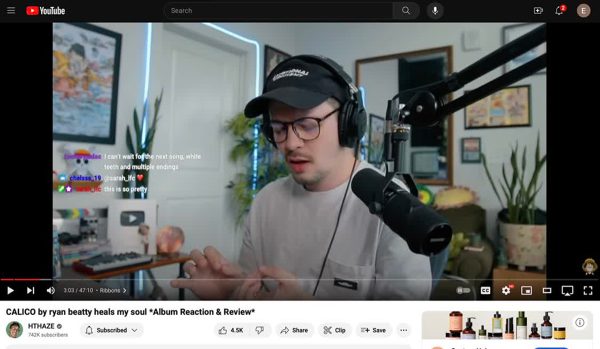The DARK act is keeping us in the dark
A new bill stops the requirement to put GMOs on labels
More stories from Bri Hageman
I have quickly come to the revelation many people out there have close to no idea what the phrase “The DARK act” means, or what it entails. Due to the significant importance of this topic, I am about to cue everyone in.
First, the heavy connotation lying in this phrase is there for a reason. The DARK act stands for “Denying-Americans the-Right to-Know,” when it comes to whether your food is genetically modified or not. Genetically modified organisms are living organisms that have been manipulated in a laboratory through genetic engineering and transported to the food we eat.
Through a bill passed last summer, the DARK act bans states from requiring GMO labels on food products. That means companies such as General Mills, Kellogg’s and Campbell’s avoid putting a couple of additional ingredients on their panel, according to ecowatch.com.
A lot of people don’t pay much attention to the food they consume, however, it’s vital we start.
For the sake of our health, GMOs carry bad effects. The way they are grown requires more chemicals, which in turn are left as residuals on the food we eat.
“Pesticide residues contain serious shortcomings,” according to Nutritionfacts.org. “Chemical residues, if present, are important because they are clearly not part of the plant composition, and they hold toxic properties to the final plant product. GMO products appear to have a substantial amount more of pesticides residues.”
The chemicals sprayed on these foods vary, but a lot hold serious effects. A common GMO is Roundup Ready corn, which is sprayed with toxic chemicals.
“An agency of the World Health Organization has classified the main chemical used in Roundup as a ‘probable carcinogen.’ That means they think it probably increases the risk of cancer,” according to WebMD.com
Overall, genetically modified organisms give our health no benefit at all, so we should definitely be able to make the decision to consume them or not. GMOs are not necessary.
Along with health risks, GMOs have an effect on our environment.
“GMO’s DNA may end up in soil, compost, animal feed and byproducts, and other living organisms from insects to larger pests,” according to Onegreenplanet.com. “Bees can transport pesticides, herbicides, and DNA through the air into the environment.”
This spreads different chemicals and harmful things into our air, water and animals.
So now that we know for a fact genetically modified organisms are not good for both our health and environment, the fact that the DARK act allows companies to hold back the GMOs they are putting in the food we consume takes away our right to know what’s in the products we buy.
The DARK act does exactly what it entails: leaves us in the dark. Take a stance against GMOs and be more careful about what you consume.











